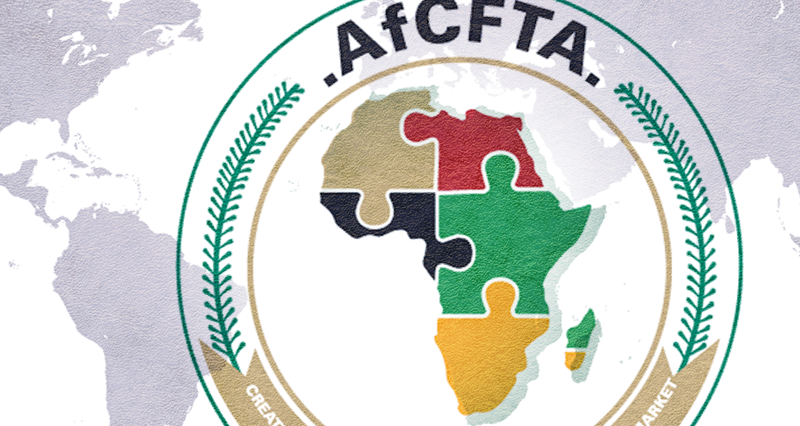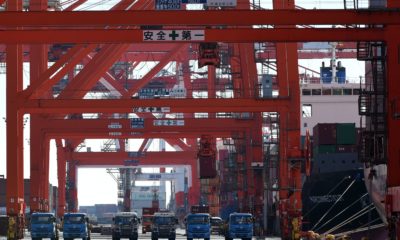The Nigeria-South Africa Chamber of Commerce (NSACC) has called for a single Africa passport and a free visa to ensure the success of the Africa Continental Free Trade Area (AfCFTA) agreement.
Speaking on Thursday in Lagos during the chamber’s September Breakfast Forum, with the theme: `Perspectives on the Africa Continental Free Trade Area in Relation to Nigeria’, its President, Mr. Osayande Giwa-Osagie noted that AfCFTA would boost intra-African trade by 22 percent, adding that its implementation would impact positively on the Nigerian economy.
AfCFTA is a single continental market that adopts free flow of goods, services, and capital, supported by the free movement of persons across Africa.
Giwa-Osagie however said Nigeria must diversify its economy in order to harness the gains of the agreement.
“Current intra-African trade rated at 15 to 17 percent is low and the AfCFTA is expected to boost intra-African by 22 percent. Challenges to its implementation are lack of infrastructure, political instability and lack of economic diversification.
“This gives rise to the need for Nigeria to diversify its economy to harness the gains of the agreement. Given the importance of the free movement of people, there is a need for a free visa for Africa and a single Africa passport.
“While the implementation would help boost the Nigerian economy, the impact would be limited if there are no free movement of people,” he said.
Mr Jesuseun Fatoyinbo, Head, Trade and Transactional Services, Stanbic IBTC Bank, said the business community needed more clarification on tariff reduction or elimination under the agreement.
According to him, the little information available to corporate organisations with regards to tariffs may lead to holding back on investments.
“We have noted increased interests from global multinationals and other corporates in setting up facilities in Africa aimed at serving the continent and exporting abroad.
“So more transparency around tariff reductions both in terms of timelines and details of goods could prompt companies to act,” he said.
Fatoyinbo also called for more attention to the digitisation of trade processes across the continent. “Currently, trade in Africa is largely reliant on physical documentation and this is a major impediment. Policymakers need to prioritize regulatory amendments that allow for the digital signatures, a digital certificate of origin, digital bills of lading, and other documentation,” he added.

 Forex3 weeks ago
Forex3 weeks ago
 Naira2 weeks ago
Naira2 weeks ago
 Billionaire Watch2 weeks ago
Billionaire Watch2 weeks ago



 Naira3 weeks ago
Naira3 weeks ago






 Naira2 weeks ago
Naira2 weeks ago




 Naira1 week ago
Naira1 week ago




 Naira4 weeks ago
Naira4 weeks ago






 Naira1 week ago
Naira1 week ago




















